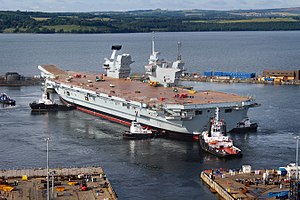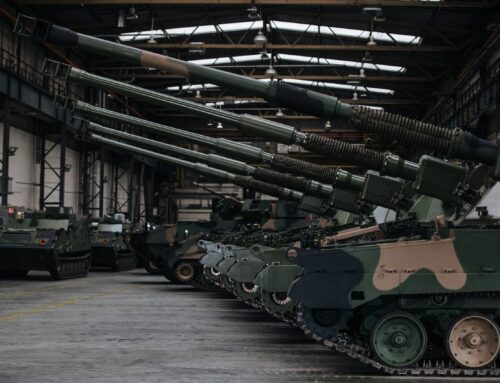PULASKI REPORT What can Poland learn from the United Kingdom in its approach to naval development planning (2)
Autor foto: Domena publiczna

What can Poland learn from the United Kingdom in its approach to naval development planning?
July 18, 2022
Author: Tomasz Smura and Michal Oleksiejuk



PULASKI REPORT What can Poland learn from the United Kingdom in its approach to naval development planning (2)
Autor foto: Domena publiczna
What can Poland learn from the United Kingdom in its approach to naval development planning?
Author: Tomasz Smura and Michal Oleksiejuk
Published: July 18, 2022
The maritime environment has invariably remained a key facilitator in all kinds of globalisation processes for hundreds of years. Humanity has entered a new level of development of socio-cultural, economic, political and military relations because of the possibility of efficient use of waterways. Even now, when it would seem that modern technologies would have significantly reduced the importance of the maritime environment, it turns out that mankind continues to rely on the seas and oceans for political, military as well as economic issues. In 2020, almost 90% of all global trade products (by volume) were transported by water. These products also accounted for as much as 70% of the total value of global trade in the same year, which clearly shows how important the maritime domain still is.
It is the responsibility of the naval forces of individual countries to secure their territorial waters and ensure the safety and security of the countless trade routes scattered across international waters. Naval forces protect peace on the seas, and at the same time are an important instrument of influence projection of a given country – they minimise the risk of war and, in the event of its outbreak, they protect their territorial waters, the coast and important sea lanes of communication against enemy attack. In peacetime, the main reason for maintaining a strong and modern naval force is to effectively deter any possible aggression and to protect one’s economic interests. The strength and potential of naval forces are primarily determined by the ships owned by a given navy. Their main purpose, abilities, age and technical condition have a direct impact on the force projection possibilities. Therefore, having an extensive fleet is equally important to having the capability of servicing existing platforms and building new ones domestically. This gives states full strategic independence and allows for a “tailored construction” – that is building ships adapted to the unique conditions in which they will operate. The economic factors behind having your own shipbuilding industry, capable of building and maintaining warships, are as important as the military and strategic factors behind such a solution.
In this report, we have decided to look at the approaches to naval forces and domestic shipbuilding industries’ in Poland and Great Britain. The United Kingdom, as a traditionally maritime power with a strong shipbuilding industry, will serve as a model and reference point for the Republic of Poland, in terms of planning and implementing assumptions for the long-term development of Polish maritime and industrial capabilities. The impact of the possible involvement of British companies and Her Majesty’s government in the program for acquiring new multi-task frigates for the Polish Navy (codenamed “Swordfish”) will also be explored. If finalised, the British participation may serve as an effective way to obtain the shipbuilding know-how from British companies not only with regards to technical matters but also in the area of creating and implementing long-term strategies in the maritime domain, which, as this study shows, is what the Polish Navy and the shipbuilding industry need.





